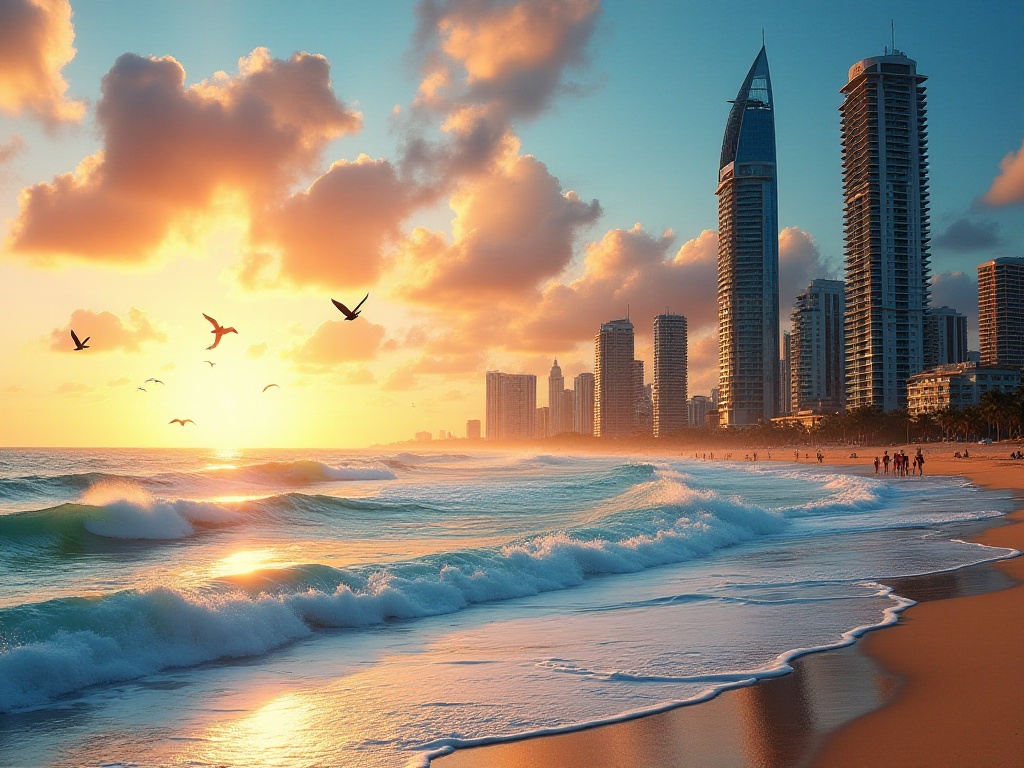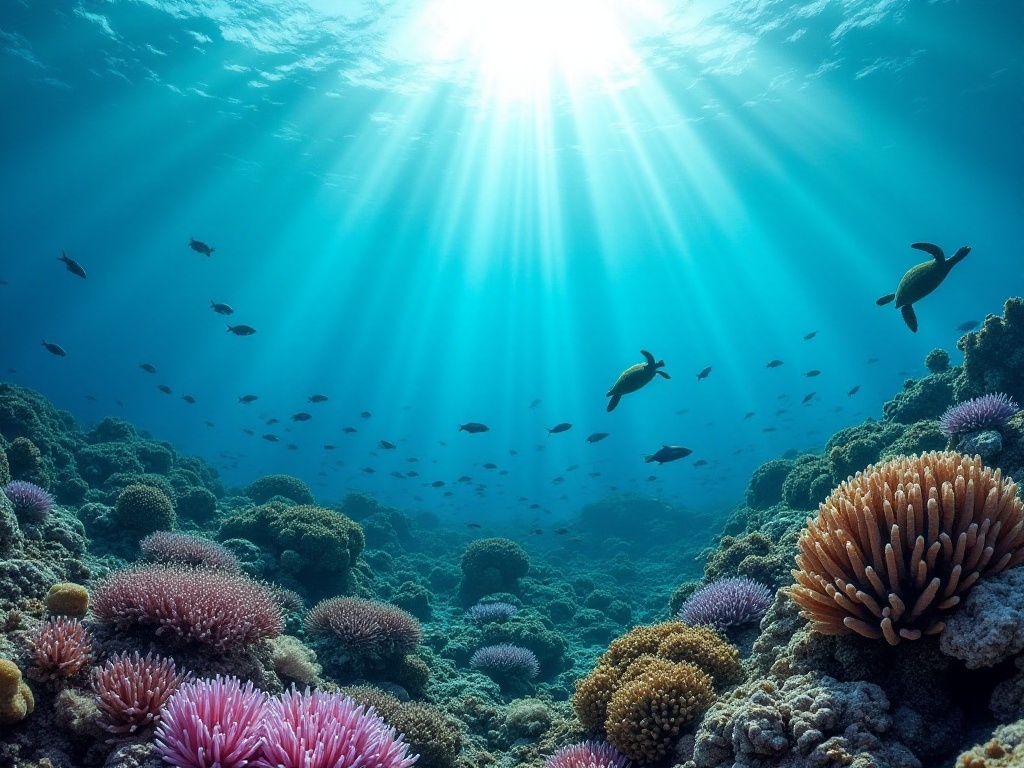
Origins
Have you ever wondered why travel shows are always hosted by professional presenters? On February 14, 2017, Australia's Channel Nine broke this convention with "Travel Guides." This show turned ordinary Australians into travel reviewers, documenting their experiences from the most authentic perspective.
After watching this show, I was deeply moved by its innovative concept. It's not a traditional "must-visit" show, but a complete revolution in media format. Let's discuss why this show created such a ratings sensation in Australia and continued for four seasons.
Innovation
Traditional travel shows often have three problems: over-beautification, lack of authenticity, and single perspective. Hosts are always perfectly polished, itineraries are flawless, and the food is invariably praised. Is this really what travel is like?
"Travel Guides" completely overturned this model. The production team selected diverse ordinary Australians - retired couples, young couples, groups of friends. They came from various professional backgrounds: nurses, firefighters, teachers, and more. These people could be your neighbors, and their travel experiences are the most relatable to ordinary people.
Statistics show that the first season achieved an impressive average rating of 28.7%, rare for Australian travel shows. Even more surprisingly, the show's social media engagement exceeded all other shows in its time slot combined. What does this tell us? Audiences crave authentic travel stories.
Evolution
As the show developed, we can see its continuous evolution. From initial domestic Australian travel to Asian tours, and then exploration of Europe and America, the show's geographic scope kept expanding. But the most fascinating part was the participants' genuine reactions to cultural differences.
For instance, in the Japan special, a couple from Perth experienced a capsule hotel for the first time. Mark's comment struck me: "This isn't accommodation, it's an adventure." Their fumbling attempts to use vending machines for room keys and squeezing into tiny capsules created moments both authentic and entertaining.
According to the production team, in the third season aired in 2019, viewers' favorite moments weren't the scenic shots, but the travelers' genuine reactions to cultural clashes. These "awkward" moments received 89% positive viewer feedback.
Insights
The success of "Travel Guides" offers much food for thought. First, it proves that relatable content has the most vitality. In the social media era, perfect personas seem artificial. Second, it demonstrates the importance of diverse perspectives. The same destination can appear entirely different through different eyes.
According to Australian media research institutes, since "Travel Guides" began airing, travel-related social media content in Australia has grown by nearly 300%. What does this indicate? Ordinary people's travel stories are gaining increasing attention.
Did you know? New Zealand's TVNZ+ also launched a similar format. In their UK special, ordinary New Zealanders toured London, the English countryside, Scotland, and Edinburgh. Their reactions to English afternoon tea and confusion with the London Underground gave the show a genuine, lived-in feeling.
Transformation
The broadcast of "Travel Guides" has significantly influenced how traditional travel media produces content. Even authoritative guides like Lonely Planet began including more user-generated content on their official websites. World Travel Guide also changed its formerly "high-brow" writing style, incorporating more perspectives from ordinary people.
According to Outlook Travel Magazine's survey, 76% of readers said they prefer referring to ordinary travelers' advice when planning trips, rather than professional writers' recommendations. This figure was completely reversed five years ago.
I've noticed that many travel media now emphasize "authenticity." But authentic doesn't mean rough, nor does it mean unstructured recording. "Travel Guides" succeeded by finding the balance between "authentic" and "professional." Though featuring ordinary people, the show's editing and packaging remained professional.
Future Prospects
Standing at the 2024 mark, we can boldly predict future trends in travel shows. First, "mass participation" will become the norm. With smartphones and social media, everyone can become a travel content creator. Second, audiences are no longer satisfied with simple "must-visit" recommendations; they crave authentic experiences and deep cultural encounters.
Have you noticed how many travel bloggers are changing their style? Instead of just "checking in and taking photos," they're delving into local life. This transformation is influenced by shows like "Travel Guides."
Reflecting on my own travel experiences, the most memorable moments weren't about scenic beauty, but the surprises from unexpected cultural differences. That's why I particularly understand why "Travel Guides" is so popular - it shows this most authentic state of travel.
Conclusion
In a sense, "Travel Guides" isn't just a travel show; it represents a new content creation philosophy: authenticity trumps perfection, experience outweighs display. It reminds me of the saying: "Travel isn't about reaching the destination, but experiencing the journey." And this show lets us see the most authentic "journey scenery."
What do you think? As a viewer, do you prefer watching professional hosts' perfect journeys or ordinary people's authentic experiences? Feel free to share your thoughts in the comments.
Next
Discovering the Beauty in Details: Why Are Professional Travel Guides Being Replaced by Personal Travel Experiences?
An in-depth exploration of modern travel guide formats across various media, covering both audiovisual and digital platforms, analyzing their content features, coverage scope, and presentation styles to provide comprehensive travel information
From Paper Guides to Digital: Exploring the Evolution and Future Trends of Global Travel Guides
Comprehensive analysis of diverse travel guide resources, covering traditional publications like Lonely Planet, online travel platforms, TV travel shows, and digital travel content, providing readers with various channels to access travel information
My First Solo Trip Around China: How to Plan a Spontaneous Journey Using Artificial Intelligence
An in-depth analysis of modern travel guide trends, covering AI-assisted planning, social sharing platforms, and digital destination management, exploring the transformation of tourism services towards intelligence and personalization
Next

Discovering the Beauty in Details: Why Are Professional Travel Guides Being Replaced by Personal Travel Experiences?
An in-depth exploration of modern travel guide formats across various media, covering both audiovisual and digital platforms, analyzing their content features, coverage scope, and presentation styles to provide comprehensive travel information

From Paper Guides to Digital: Exploring the Evolution and Future Trends of Global Travel Guides
Comprehensive analysis of diverse travel guide resources, covering traditional publications like Lonely Planet, online travel platforms, TV travel shows, and digital travel content, providing readers with various channels to access travel information

My First Solo Trip Around China: How to Plan a Spontaneous Journey Using Artificial Intelligence
An in-depth analysis of modern travel guide trends, covering AI-assisted planning, social sharing platforms, and digital destination management, exploring the transformation of tourism services towards intelligence and personalization


